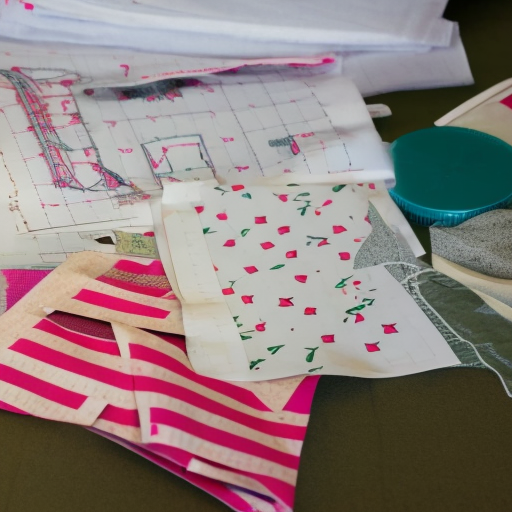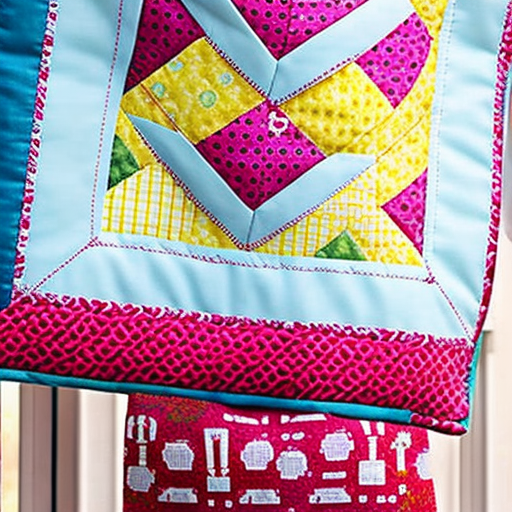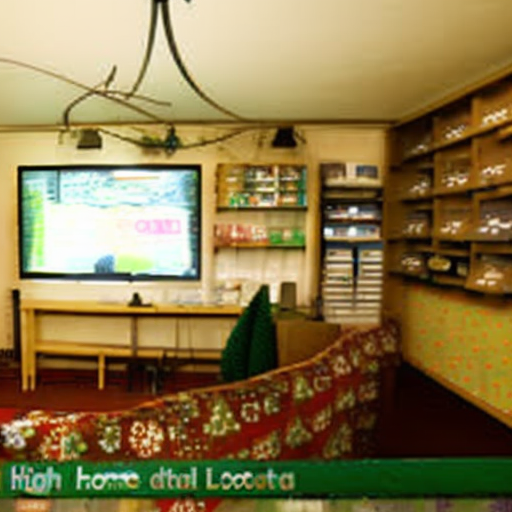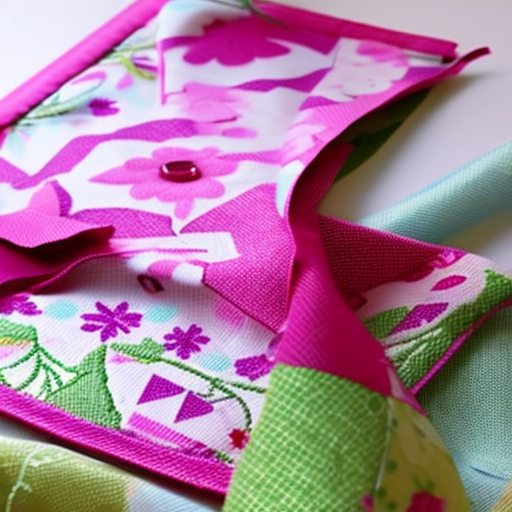
Sewing patterns are valuable resources that allow you to recreate beautiful garments and accessories. Preserving these patterns is crucial to ensure their longevity and reuse for future projects. To help you keep your sewing patterns in great condition, here are some tips:
1. Use Acid-Free Storage Materials
When it comes to storing sewing patterns, always opt for acid-free materials such as acid-free tissue paper or pH-neutral archival boxes. Acidic materials can cause discoloration and deterioration over time.
2. Shield from Moisture and Sunlight
Ensure your patterns are protected from moisture and direct sunlight. Moisture can lead to mold and mildew growth, while sunlight exposure can cause fading and discoloration. Store patterns in a cool, dry place away from windows.
3. Handle Patterns with Clean Hands
Oil, dirt, and moisture from your hands can transfer onto patterns, potentially causing damage. Before handling sewing patterns, ensure your hands are clean and dry.
4. Make Copies of Patterns
Consider making copies of your original patterns, especially if you frequently use them. This way, you can preserve the originals and work with the copies, reducing wear and tear.
5. Store Patterns Flat
Store patterns flat to avoid creases and wrinkles. You can use large envelopes, acid-free folders, or plastic sleeves to keep them neatly organized.
6. Use Proper Folding Techniques
If you need to fold patterns for storage, do so with care. Avoid folding along crucial lines or details, as this can make them harder to read or use. Instead, fold patterns following the original folds or along less important lines.
7. Label and Date Your Patterns
Keeping your patterns labeled and dated helps you easily identify them in the future. Include essential information such as the pattern name, designer, date of purchase, and any modifications you’ve made.
Tip: Consider using clear plastic pockets or sheet protectors to store patterns with multiple pieces. This will help prevent them from being lost or damaged.
8. Keep Patterns Away from Pets and Children
Pets or children may mistake sewing patterns for toys, leading to accidental damage. Ensure patterns are stored safely out of reach in a designated area.
Warning: Avoid using adhesive tapes or sticky materials to repair tears or secure patterns. Over time, these can cause irreversible damage.
9. Periodically Check for Damage
Regularly inspect your patterns for signs of damage such as tears, creases, or insect infestation. If you detect any issues, take immediate steps to mitigate further damage, such as reinforcing tears with acid-free tape or seeking professional restoration.
10. Store Patterns Away from Extreme Temperatures
Extreme temperatures can negatively affect sewing patterns. Avoid storing them in damp basements or excessively hot attics that can cause deterioration or warping. Opt for a temperature-controlled storage space.
By following these guidelines, you can ensure the preservation of your sewing patterns, prolonging their lifespan and enabling you to continue creating stunning garments and accessories.





Great advice!
A great way to keep your sewing patterns organized so you can refer back to them in the future! #sewingpatterns
Excellent post!
Wow, great advice here! It’s so important to preserve sewing patterns so that you can have them as a reference in the future for all of your favorite projects. #handmadesewing
Super useful post!
This post has such helpful tips on how to preserve sewing patterns so that you can reuse them in the future! A must-read for every sewing enthusiast. #sewinghacks
Absolutely essential!
This post is so helpful- keeping sewing patterns in good condition is essential for any serious sewer! Making sure to follow these tips will help make sure your patterns last for years to come. #markersandpins